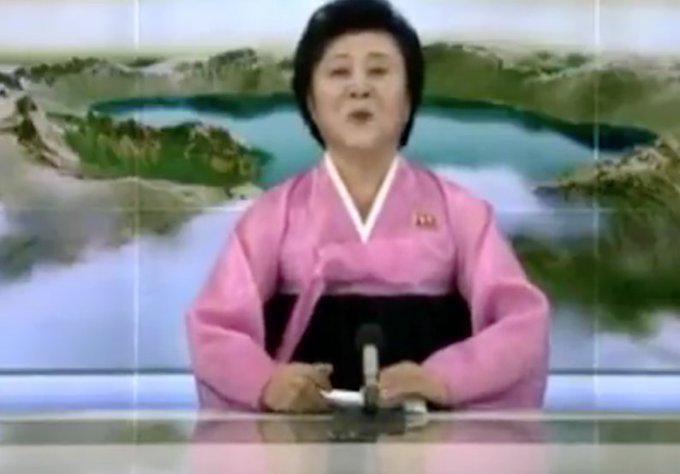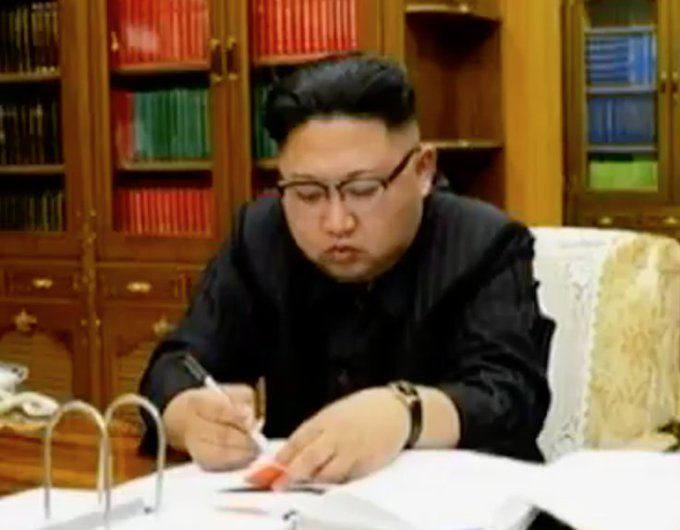North Korea claims that it has launched its first ever intercontinental ballistic missile (ICBM), and now has the power to deliver a nuclear-capable strike on any location on the planet.
State officials announced the launch early Tuesday morning after South Korea had warned that the test appeared more advanced than usual. The missile's trajectory had an unusually steep angle, suggesting it could travel far further than previous tests.
The launch, which North Korea's state media said was ordered and supervised by leader Kim Jong Un, sent the rocket 933km (580 miles), with a flight time of 39 minutes. It reached an altitude of 2,802 km, Reuters said.
Officials from South Korea, Japan, and the US said the missile had landed in the sea near the coast of Japan after being launched near an airfield in Panghyon, about 100km (60 miles) north west of North Korea's capital, Pyongyang.
"The test launch was conducted at the sharpest angle possible and did not have any negative effect on neighbouring countries," North Korea's state media said in a statement.
South Korean President Moon Jae-in, who convened a national security council meeting, said his government was looking at the possibility that the missile was an ICBM, although they thought it more likely to be an intermediate-range version.
US President Donald Trump responded to the launch via Twitter. He called on China to "put a heavy move on North Korea" to stop the tests.
Trump criticised North Korean leader Kim Jong-Un for authorising the launch, asking: "Does this guy have nothing better to do with his life?"
North Korea has long been working to develop a nuclear-tipped ICBM capable of hitting the United States, ignoring repeated warnings from the international community.
ICBMs by definition have a minimum range of 5,500km. If North Korea's claim is true, that would mean its missile programme is capable of hitting the US state of Alaska at least.
Man watches North Korean TV coverage of missile launch. Getty
Japan's Prime Minister Shinzo Abe said on Tuesday he will ask the presidents of China and Russia to play more constructive roles in efforts to stop the Pyongyang's arms project.
"Leaders of the world will gather at the G20 meeting [on Friday]. I would like to strongly call for solidarity of the international community on the North Korean issue," Abe told reporters, according to Reuters.
China has urged 'restraint' from all parties following the missile launch, according to AFP.
John Everard, the former British Ambassador to North Korea, told Sky News: "This is not just bravado, this is a real threat."



No comments:
Post a Comment